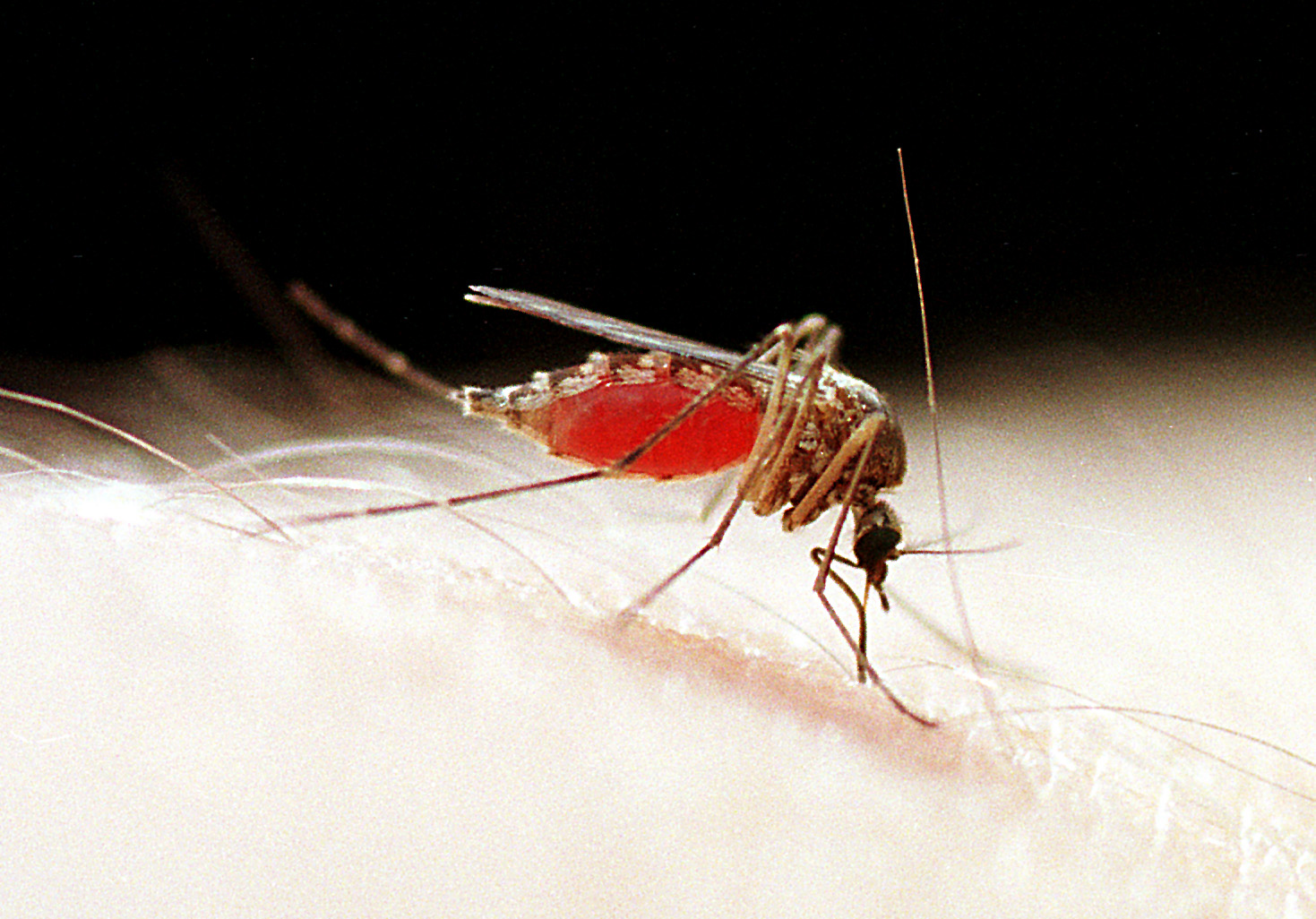Cool weather and high river levels have so far kept mosquitoes at bay, but county health officials are preparing for the arrival of mosquito season as the weather warms up.
“Normally this time of year, it’s usually a little warmer and we’re switching over from the floodwater species (of mosquitos) to the disease-carrying species,” said John Jacobson, operations manager for the Clark County Mosquito Control District.
But with the cooler temperatures and river levels that have remained high, Jacobson said crews have had to keep an eye on both species and are working to treat mosquito larvae before they become adults and begin to fly.
Pesky floodwater mosquitoes, which are a nuisance but carry no diseases, lay their eggs in the mud of riverbanks. The eggs, covered by cold water, usually hatch when the temperatures increase and the river recedes.
In most years, that would’ve happened by now. But that’s not the case this year, and Jacobson said it’s hard to know what that means for mosquito season. The eggs may hatch later, when temperatures warm up, or they may not hatch at all if the high river levels washed away the eggs, he said.
“We don’t know what’s going to happen as far as mosquitoes,” Jacobson said.
Crews have been keeping an eye on areas of the county that historically produce a lot of mosquitoes — wetland areas in Washougal, Camas, Ridgefield, Salmon Creek and around Vancouver Lake. Once an egg hatches into larvae, it takes about four to nine days before the larvae becomes an adult, flying mosquito. In order to treat the larvae before they mature, mosquito control district crews are checking those areas every few days, Jacobson said.
If they find larvae in multiple areas, crews will go up in helicopters to cover more ground. Earlier this week, a helicopter crew treated 600 acres in one day. On the ground, the most that two people can treat in an amphibious vehicle in one day is 50 acres, Jacobson said.
Crews will also start popping up in neighborhoods soon, as they shift gears to target disease-carrying species of mosquitoes. They’ve already started treating retention ponds and will begin spraying catch basins next week, Jacobson said.
The mosquito control district has also started trapping adult mosquitoes to test for West Nile virus and monitoring for invasive species, including the two species that can carry the Zika virus. Those species of mosquitoes have not yet been found north of the San Francisco Bay area, Jacobson said.
Crews have traps set up at the Port of Vancouver, used tire stores and nurseries. They report weekly to the state Department of Health, who tracks adult mosquito populations across the state.
The county has also begun to get service calls from the public. Recently, Jacobson said he’s received calls about swarms of mosquitoes.
“Mosquitoes don’t swarm,” he said.
Those swarms are midges, Jacobson said, and they don’t bite. Crews don’t treat for midges.
There are steps people can take, however, to prevent mosquitoes around their homes. Dumping water in buckets, boats, tires and wheelbarrows, and replacing water in pet water dishes and bird baths twice a week, will eliminate mosquito habitat, Jacobson said.
People can also call the mosquito control district to report standing water, 360-397-8430.




